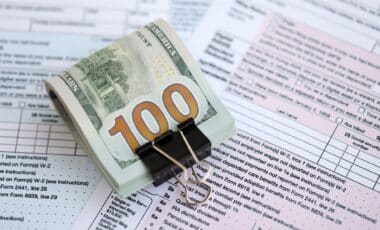The imminent increase in stamp duty, scheduled for April 2025, has triggered an unprecedented surge in property sales, with first-time buyers particularly keen to avoid a substantial increase in costs. However, experts warn of the financial pitfalls that can result from hasty purchases.
Property : a 19 % Rise in The Last Few Weeks
Homebuyers are scrambling to finalize property purchases ahead of the April 1 deadline, when stamp duty thresholds will revert to pre-2020 levels. These changes, announced by Chancellor Rachel Reeves, end the temporary relief introduced during the pandemic. Key changes include:
- The general nil rate threshold for stamp duty will drop from £250,000 to £125,000.
- The nil rate threshold for first-time buyers will decrease from £425,000 to £300,000.
- The maximum purchase price eligible for First-Time Buyers Relief will reduce from £625,000 to £500,000.
The impending changes have caused a ripple effect across the market. According to Zoopla, property sales over the past four weeks have risen by 19% compared to the same period in 2023, with buyer demand surging by 25%. This activity is unusual for this time of year, reflecting heightened urgency to avoid the financial implications of the revised tax structure. Despite the appeal of saving thousands in taxes, experts warn that rushing into a purchase could result in overpaying for properties, ultimately offsetting any perceived benefits.
Experts Warn of Overpayment and Market Risks
While the urgency to beat the stamp duty deadline is understandable, property professionals caution buyers to avoid impulsive decisions. Jessica Sully of Carringtons estate agents told the Telegraph: “The message to first-time buyers is, don’t put yourself under too much pressure to secure a property before the stamp duty changes at the end of March 2025. With lower stock levels and rising demand, sellers have the upper hand. Typically, we see more properties come to market at the start of January and with an increase in stock there will be more choice and control. “
Charlie Lamdin, head of the Best Agent network, highlights the broader risks for buyers who enter bidding wars to secure properties before the deadline. He notes that this behavior often drives prices beyond reasonable market value, especially for first-time buyers relying on large loans. These buyers risk falling into “negative equity”, where their mortgage outweighs the value of their home, leaving them in a precarious financial position.
Mortgage brokers also emphasize the importance of long-term planning over short-term tax savings. David Hollingworth from L&C Mortgages suggests that buyers may benefit from waiting until after the deadline, when market activity could cool, leading to better negotiation opportunities. “Keep things in perspective. There may be a lull after the [stamp duty] deadline passes as buyers bring their plans forward, which could allow for more negotiation in the aftermath. If mortgage rates fall, there could still be benefits, even though no one wants to pay more stamp duty than they have to.”, he advises.









